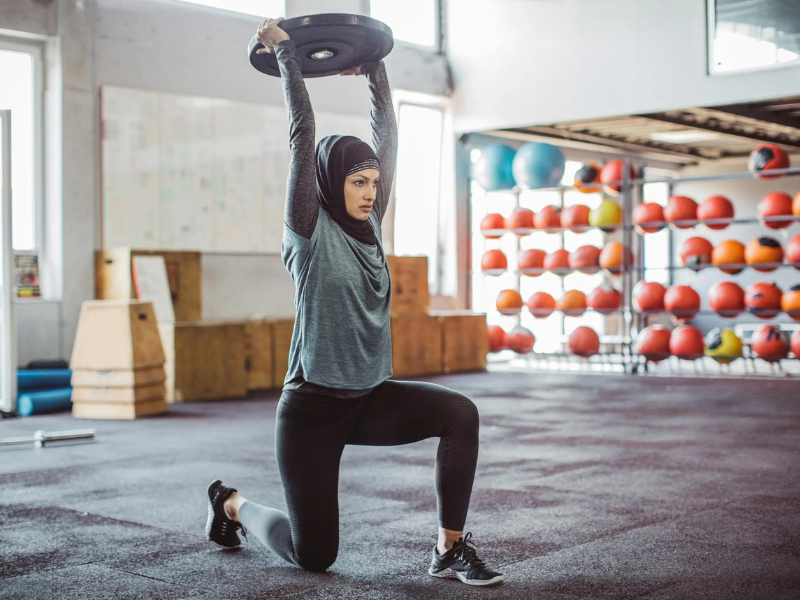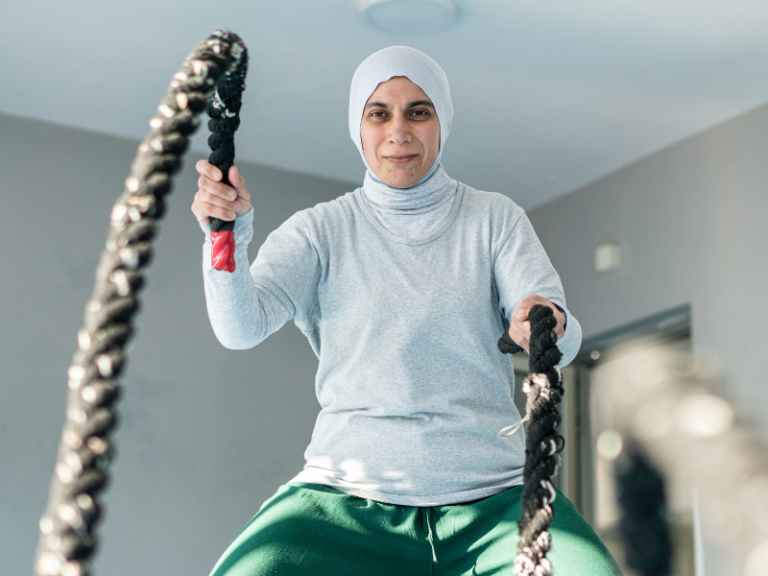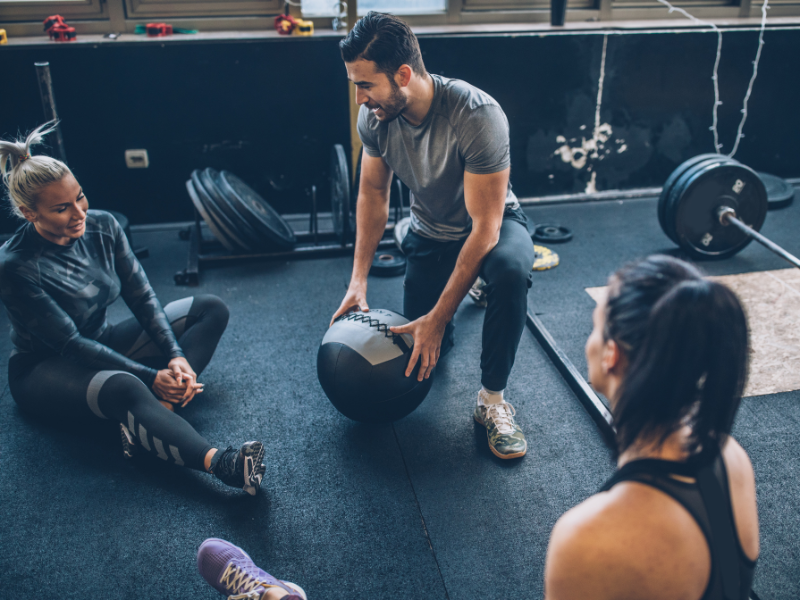Optimizing energy levels and supporting training efforts during Ramadan requires careful meal planning, hydration strategies, and timing of meals. By strategically fueling and hydrating the body before, during, and after fasting hours, individuals can maintain energy levels, enhance performance, and support their training efforts effectively. Let’s explore in-depth guidance on meal planning, hydration strategies, and timing of meals while emphasizing “exercising during Ramadan” throughout:
Meal Planning:
Suhoor (pre-dawn meal): Suhoor should include complex carbohydrates, lean protein, and healthy fats to provide sustained energy throughout the fasting hours. Opt for whole grains such as oats or whole wheat bread, protein sources like eggs or yogurt, and healthy fats from nuts or avocado to fuel your body for the day ahead.
Iftar (breaking the fast): Break your fast with hydrating foods such as watermelon or cucumber to replenish fluids lost during the day. Follow with a balanced meal that includes carbohydrates, protein, and vegetables to refuel your body and support muscle recovery.
Snacks:
Incorporate nutritious snacks between meals to maintain energy levels and prevent overeating during iftar and suhoor. Choose options like nuts, fruits, or Greek yogurt for a balance of carbohydrates, protein, and healthy fats.
Hydration Strategies:
Pre-dawn: Start hydrating early in the morning before fasting begins to ensure adequate fluid intake before the day’s fast. Consume water, herbal teas, or hydrating foods such as fruits and vegetables to support hydration during fasting hours.
Iftar and suhoor: Prioritize hydrating fluids such as water, electrolyte-rich beverages, and hydrating soups to replenish fluids lost during the day’s fast. Avoid sugary and caffeinated drinks, as they can contribute to dehydration and disrupt hydration status.
Throughout the night:
Continue to hydrate between iftar and suhoor to maintain hydration levels and support optimal performance during exercise.
Timing of Meals:
Suhoor:
Aim to consume suhoor as close to dawn as possible to maximize energy stores and hydration before fasting begins.
Avoid heavy or greasy foods that may cause discomfort or sluggishness during fasting hours.
Iftar:
Break your fast promptly at sunset with hydrating foods and fluids to replenish fluids lost during the day.
Follow with a balanced meal that includes carbohydrates, protein, and vegetables to refuel your body and support recovery after fasting.
Post-iftar:
Allow time for digestion before engaging in vigorous exercise to prevent discomfort or gastrointestinal issues.
Plan workouts during non-fasting hours or shortly after breaking the fast to optimize energy levels and performance.
Optimizing energy levels and supporting training efforts during Ramadan requires strategic meal planning, hydration strategies, and timing of meals. By prioritizing balanced meals and snacks, staying hydrated throughout the day, and timing meals strategically around fasting and exercise, individuals can maintain energy levels, enhance performance, and support their training goals effectively during this sacred month.











